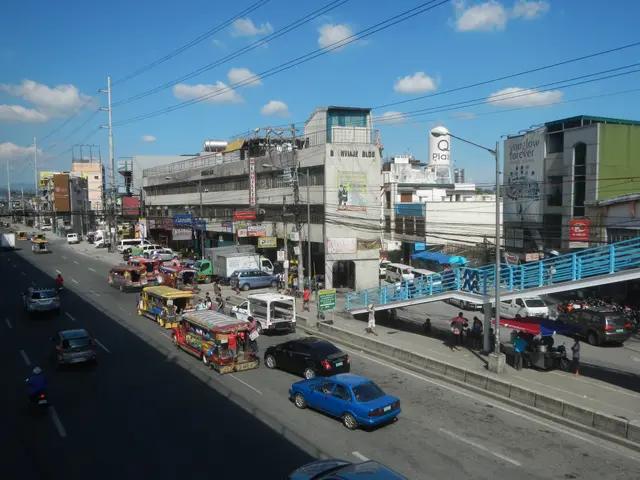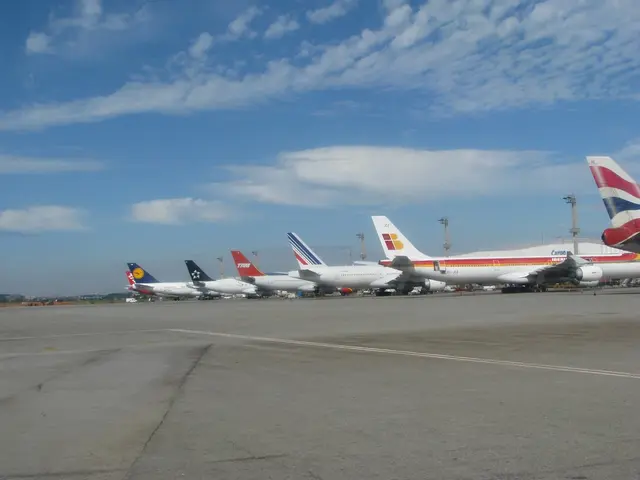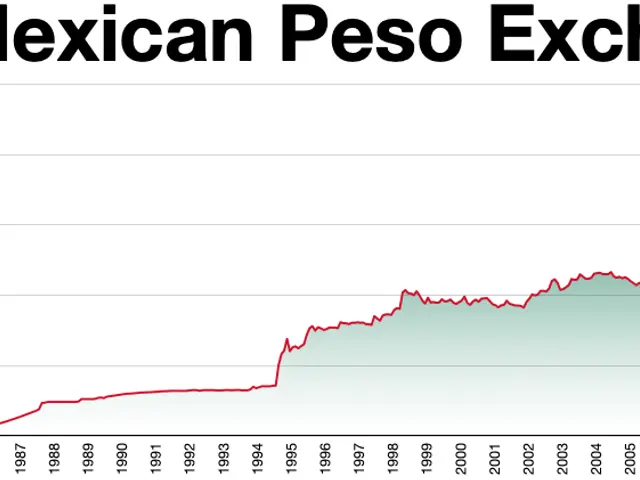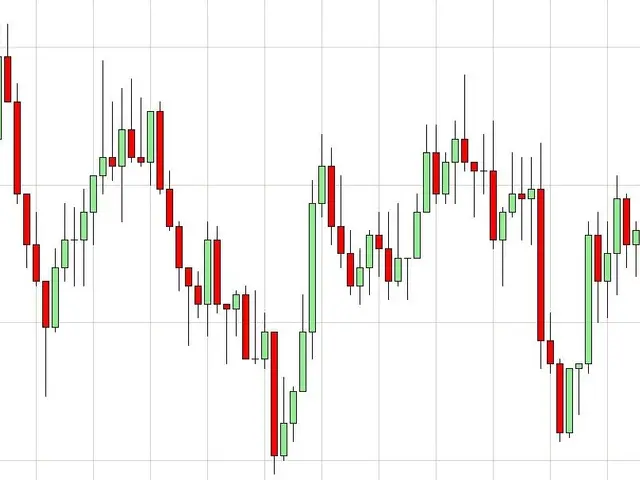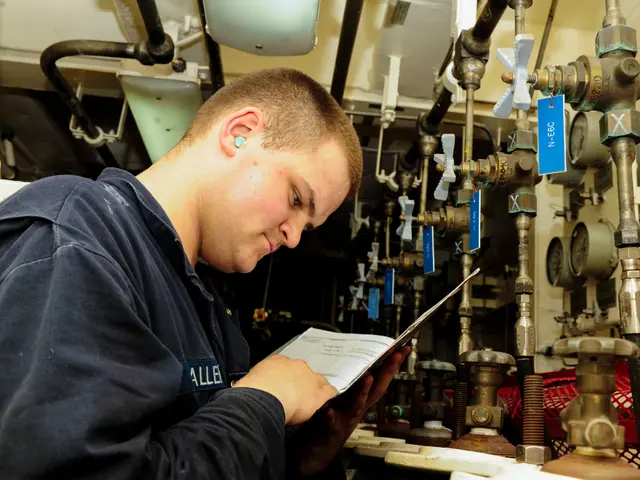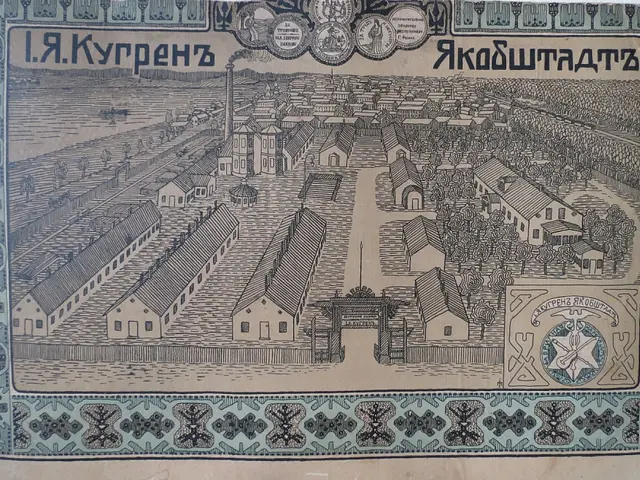Decline in Ticket Checks on Berlin's U-Bahn and S-Bahn Unveiled
Reduced U-Bahn Ticket Inspections in Berlin - Decreased Subway Ticket Inspections in Berlin's Underground Transport System
Hey there! Let's talk about the surprising drop in ticket checks on Berlin's public transportation system. Here's the lowdown:
The number of ticket checks on Berlin's U-Bahn has seen a significant slump, diving from a whopping 8 million in 2019 to a more manageable 3.4 million last year, as reported by the justice administration in response to a query from the Green party. What's more, checks on trams took a nose dive from 2.3 million to 996,000, with bus checks remaining relatively stable. However, the S-Bahn saw an increase in checks, climbing from 9.3 million to 11.1 million during the same period.
You might be wondering, "What gives with this trend?" Well, let's dig a little deeper. Could the decrease in ticket checks be the result of policy changes prioritizing convenience or cost-cutting measures? Perhaps the gradual implementation of automated fare collection systems in some cities is at play here, but it's unclear if Berlin's systems have been affected.
Next, let's discuss the impact on revenue. While the drop in ticket checks has slightly decreased the earnings from fines, there's been no significant fluctuation in the revenue from so-called increased transport charges (EBE). In fact, the BVG spokesperson mentioned an increase in season ticket holders, which could be a positive sign for the system moving forward.
Now, here's where things get interesting: with fewer checks, transit systems like BVG may focus on taking a more customer-centric approach, enhancing signage, simplifying payment methods, and boosting customer service to encourage voluntary ticket purchases. Alternatively, they could potentially ramp up fines for those caught without a valid ticket, but remember, that could lead to some grumblings from passengers.
Overall, while we don't have specific data on the effects on BVG and S-Bahn revenue just yet, the trend suggests a possible shift in how these systems generate revenue. Fascinating, huh? Stay tuned for more updates on this evolving situation!
- Ticket check
- Berlin
- BVG
- S-Bahn
- The declining trend in ticket checks on Berlin's U-Bahn and S-Bahn, as revealed earlier, may stem from alterations in the community or employment policy of the BVG, the operator of these public-transit systems.
- The drop in ticket checks on Berlin's U-Bahn, trams, and buses could potentially be caused by changes prioritizing convenience or cost-cutting measures, possibly influenced by the latest employment policies within the industry.
- In the industry of finance and public-transit transportation, it would be intriguing to examine the employment policies of Berlin's U-Bahn, trams, and S-Bahn operators in relation to the recent fall in ticket checks, as it could influence future strategies and revenue streams.
- The decreased number of ticket checks on Berlin's U-Bahn, trams, and buses might be part of a greater focus on enhancing customer service and streamlining payment methods, as suggested by recent employment policies within the company responsible for these services.
- With the decrease in ticket checks and an anticipated rise in the use of automated fare collection systems in some cities, a review of Berlin's taxi, employment, and finance policies within the BVG could be valuable to analyze their adaptation to the changing landscape in the transportation industry.

